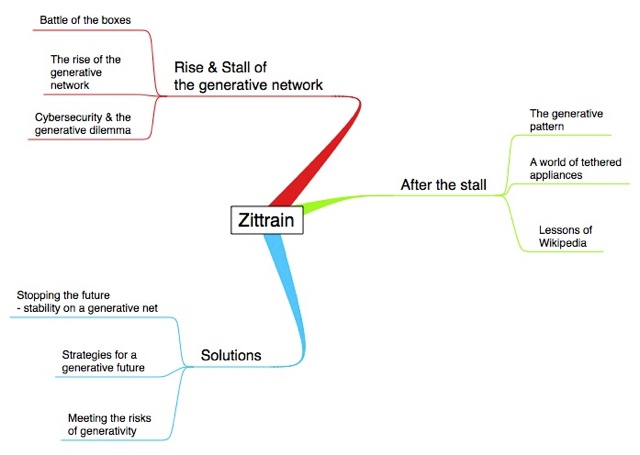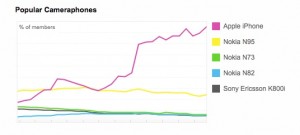Fascinating Ars Technica piece on hos the market for software is changing as the iPhone consolidates its strangelhold on the smartphone market.
In addition to giving away some nice swag to celebrate the countdown to one billion App Store downloads, Apple also created a list of top 20 paid and and top 20 free applications. The list gave us a good idea of what iPhone users like and what they are willing to pay for en masse (the lists appear to be region specific, so many of you will be looking at the US list).
To make the list a bit more interesting, however, MacRumors has collected sales numbers for some of the apps from a variety of different sources. While none of the numbers are 100 percent up to date, they are a reasonable approximation.
Since not all developers are open with their sales numbers, the article only talks about four of the top 20 applications numbers. The number-two application, Koi Pond by the Blimp Pilots, has made an estimated $623,000 (after Apple’s cut) from about 900,000 downloads. Number three, Pangea’s Enigmo, is harder to pinpoint because it has fluctuated in price over its App Store lifespan. With an estimated 810,000 copies sold, however, Pangea has made at least $561,330 on the one application alone. PocketGod, number 12 on the list, has earned an impressive $350,000 since its release in January with somewhere around 500,000 sales. The last application with any numbers is iShoot, which at number 19 on Apple’s list has reportedly made the author $800,000 in just five months.
While the numbers are in no way indicative of the whole, it makes it quite clear that it is possible to make a comfortable living developing solely for the iPhone. Even with mildly popular applications, we would estimate that a developer could squeak out a living if they were any good…
LATER: Nice email from a reader with a link to an Irish Times story about one of his students, Steven Troughton-Smith, who “has emerged as Ireland’s most successful software developer for Apple’s iPhone, generating revenues of up to $1,000 a day.”




